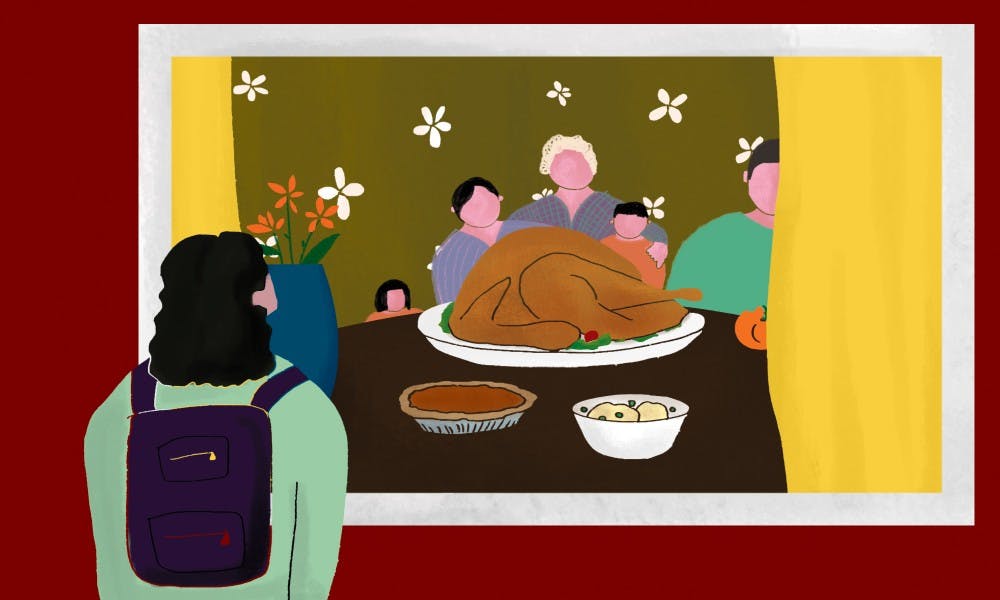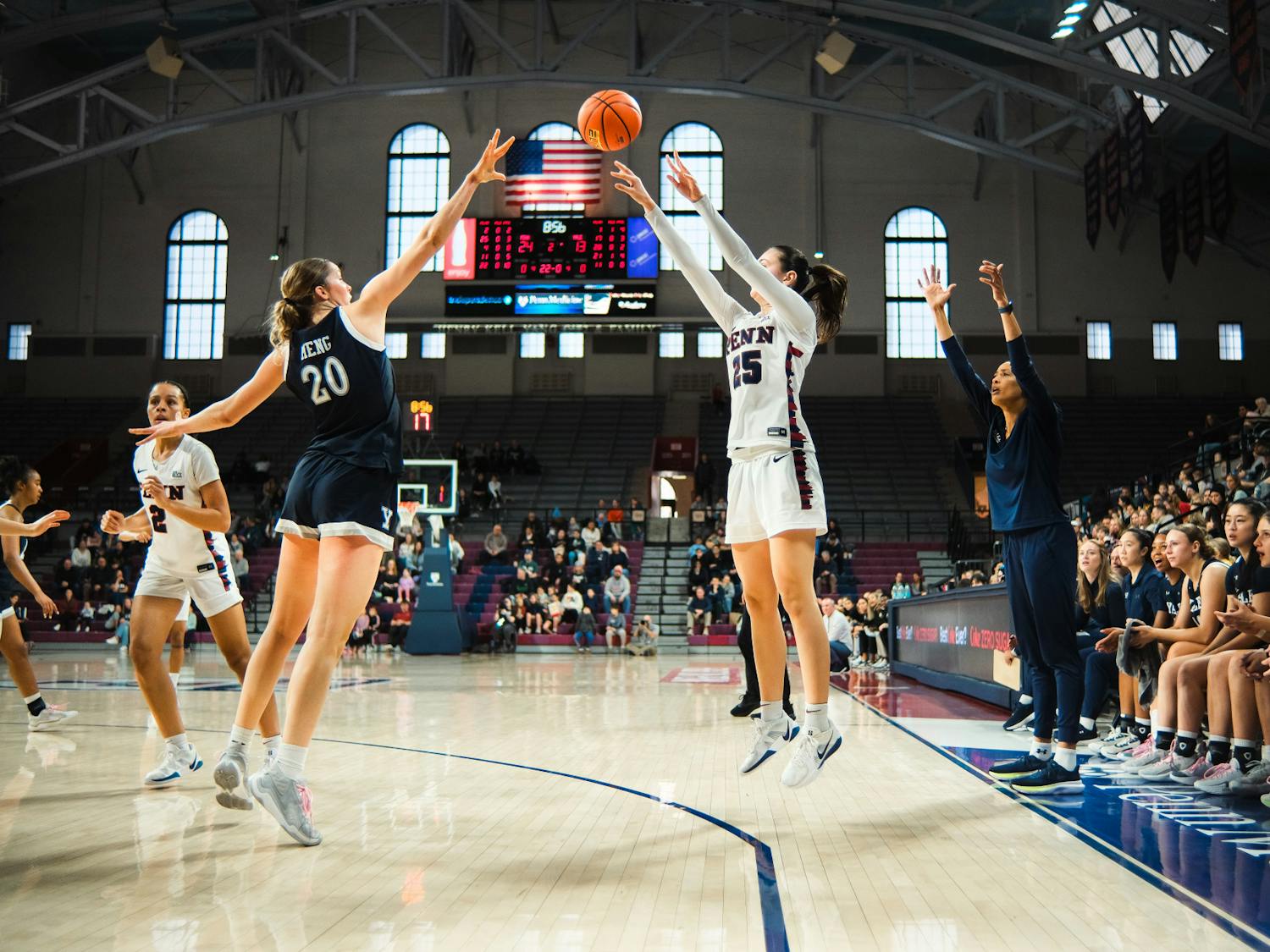Scrolling through flights on my computer the week before last, my heart sunk as I saw tickets for $300-400 from the Philadelphia airport to the Orlando International Airport in Orlando, Fla. A flight was my only option — without a car or the will to drive for 14 hours straight, getting from my apartment in Philadelphia to my home in Gainesville, Fla. is quite a trek. But my bank account wagged its finger at me in disdain. I couldn’t spend $400 on a flight for a four-day vacation. It just wasn’t an option.
While I was graciously accepted into the home of one of my fantastic professors for Thanksgiving dinner, not everyone in my position is so fortunate. I was in a lucky and rare place to have a professor willing to feed and entertain me on such a family-oriented holiday, and for that I am truly thankful. Still, that doesn’t negate the fact that the brevity of Thanksgiving break makes it extremely difficult for low-income students to justify going home.
An international friend of mine who has no personal attachment to the holiday admitted to me that she felt pretty sad that she couldn’t see her family during a week when all of our other classmates could. I don’t put much personal stock or reverence into Thanksgiving as a holiday, but I did miss my family. The Thanksgiving “break” that everyone was so excited for doesn’t seem like much of a break when your final class is the day before Thanksgiving.
Our education should take priority over vacation in every regard. But high school is also a place for learning and growing, during which I got the entire week of Thanksgiving off. I recognize how difficult it can be to reconfigure an entire semester’s worth of classes and schedules in order to accommodate students who live all over the country. But a student’s mental health should be taken into consideration when it comes to structuring an academic schedule.
Among the Ivies, Penn has ranked lowest for time off for school breaks. Students who come from less financially stable backgrounds can’t automatically afford to go home during such a brief period of time, and those who do decide it is better for them to make the financial sacrifice are only afforded a few days at home.
Staying on campus during breaks isn’t all bad, and it can be very peaceful to stroll down Locust Walk when there aren’t dozens of students running past you, late for class. Penn offered low-income students access to dining halls over this Thanksgiving break and loaded prepaid debit cards so they didn’t have to spend their own money. This was a phenomenal step in recognizing that low-income students face different kinds of challenges every day here at Penn.
This doesn’t change the reality that many of these students didn’t want to remain on campus. As Penn continues to make an effort to open its community up to first-generation, low-income students, the administration must bear in mind that it isn’t financially feasible for a lot of us to go home. A college shouldn’t be responsible for a student’s every issue, but when a supposed “break” is so short that many students can’t enjoy an equal opportunity to reconnect with family, there’s a problem.
Thanksgiving is about gratitude, and I think all Penn students, regardless of financial background, would be grateful for a few more days of break.
SEE MORE FROM SOPHIA DUROSE:
The Kelly Writers House isn't a cult
Increasing Hillel’s security doesn’t decrease my fear of gun violence

SOPHIA DUROSE is a College sophomore from Orlando, Fla. studying English. Her email is sdurose@sas.upenn.edu.
SEE MORE FROM SOPHIA DUROSE:
The Kelly Writers House isn't a cult
Increasing Hillel’s security doesn’t decrease my fear of gun violence









